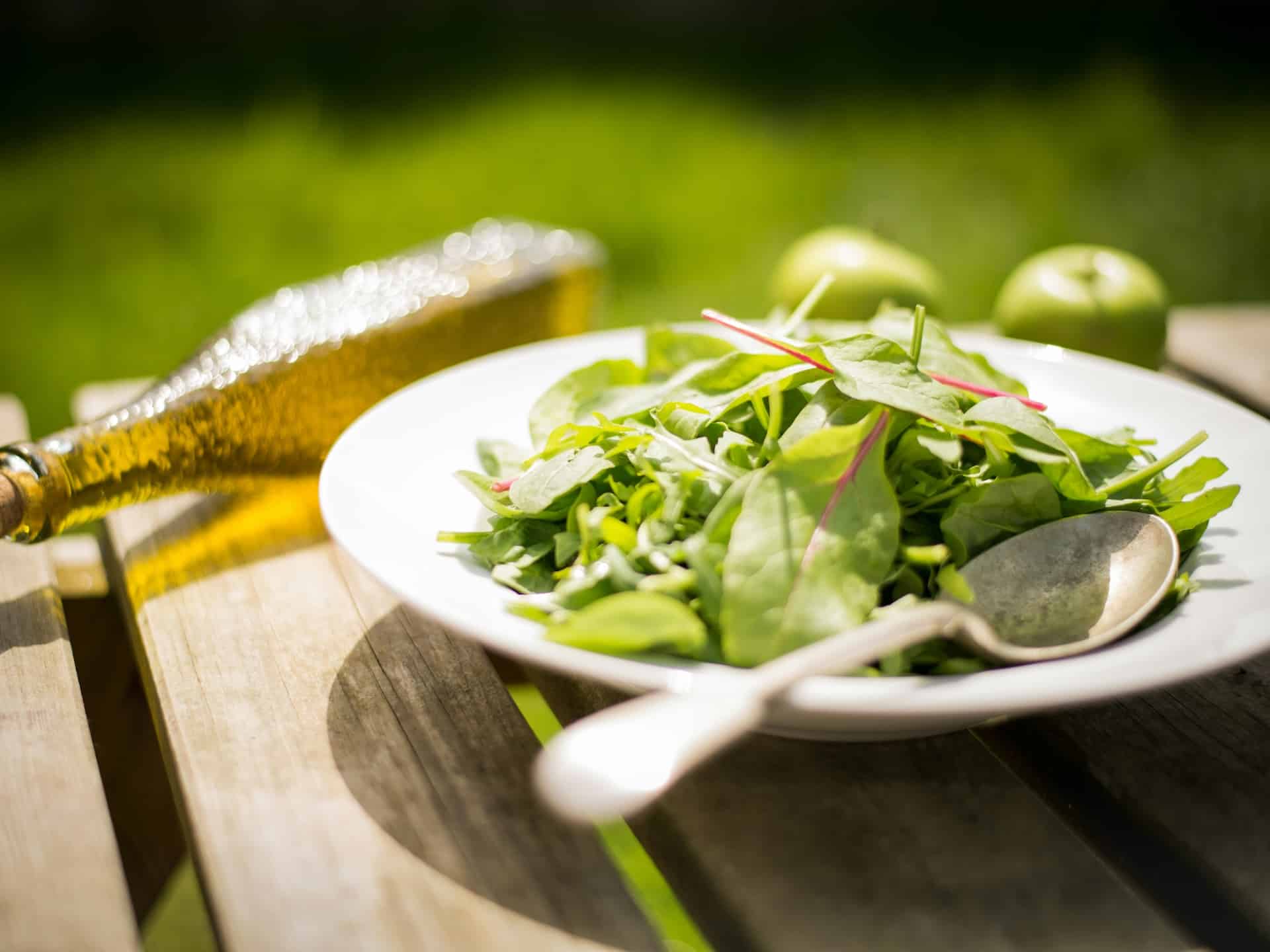
Nutrition during pregnancy is surrounded by many doubts, since the baby is fed, through the placenta, by what the pregnant woman eats. However, tuna, due to its high mercury content, raises many concerns among future mothers. María Marqués, a dietician-nutritionist, breastfeeding consultant specialising in nutrition during the perinatal period and member of the Spanish Academy of Nutrition and Dietetics, understands these fears and highlights the need to “equip mothers with adequate knowledge for safe food consumption.”
Can you eat tuna during pregnancy?
Tuna is a good source of protein, fatty acids and other nutrients important for health. The problem is its high mercury content. “Being a large fish, its fatty tissue accumulates a greater amount of mercury, an environmental pollutant present in marine waters. This heavy metal can damage the nervous system of the fetus and affect vital organs, such as the kidney and liver,” warns the expert.
That is why we must be cautious when it comes to its consumption and pay attention to the variety of tuna we have on our plate to decide whether it is worth eating or not.
Bluefin tuna vs. white tuna: which can you eat during pregnancy?
Not all varieties of tuna are the same. For this reason, “not all contain the same amount of mercury,” explains Marqués. AESANIn its recommendations, it specifies that pregnant women “You should not consume bluefin tuna (Tunnus thynnus), as well as other species with high mercury content such as shark, emperor and pike.”
There is a false myth that freezing these large fish makes them less dangerous. This is not true: subjecting them to low temperatures would not reduce the amount of methylmercury in these species.
However, the dietician-nutritionist points out, northern bonito or canned white tuna (Thunnus alalunga), a very useful and used resource in Spanish homes, “is a type of fish with a medium mercury content. In this case, the recommendations for pregnant women establish limiting consumption to no more than one serving per week«A serving would be equivalent to a steak or portion of 120 to 150 net grams.
Canned tuna: is it better in a tin or in a glass jar?
Other doubts arise in relation to the type of packaging in which the food is presented. Marqués points out that the preservation process is the same for both canned tuna and that sold in glass jars. “First, the fish is cleaned, cooked and cut into pieces to be packaged together with the covering liquid. Once the container is closed, it is sterilized to ensure that the product is harmless and safe,” he explains.
It should be noted that from the point of view of food safety, both Glass jars like cans are safe for consumptioneven during pregnancy, as stated by the EFSA. However, “the European Commission plans to review food packaging such as cans that contain bisphenol A (BPA), an endocrine disruptor.” A recent report by the European Commission European Environment Agency (EEA) warns that exposure to this substance in Europe is well above acceptable levels of health safety.
This report follows another prepared by EFSA in 2022, which warned of the serious public health problem caused by exposure to BPA through the different foods and preservation methods used. “As a health professional, I consider that, for pregnant women, it is prudent to recommend the consumption of fish packaged in glass jars, as it is a safer means,” says the expert.

Can mackerel be eaten during pregnancy?
María Marqués is clear in her answer: “Mackerel is a blue fish that does not present the problems of bluefin tuna. It can be consumed during pregnancy, as it contains low levels of mercury. However, as we are always talking about blue fish, and in the context of a complete and balanced diet for pregnant women, mackerel consumption should be moderate, not exceeding two servings per week,” warns the expert.
Is there a risk of toxoplasmosis when eating any of these foods?
In general, “the risk of toxoplasmosis from eating canned or fresh cooked fish is low. There may be exceptions, such as raw or undercooked fish, such as raw tuna or smoked seafood, that have not been processed properly,” says the dietician-nutritionist.
To avoid unnecessary alarms, Marquesa breaks down the possible risk of each fish one by one:
- Tuna canned (or other species)Its preparation method, cooking at high temperatures, kills the parasite. Toxoplasma gondiiTherefore, the risk of toxoplasmosis from eating canned fish is very low.
- Fresh, raw or undercooked fishThe risk of toxoplasmosis from eating fresh fish is greater than from canned fish, as the parasite can be present in raw or undercooked meat. To avoid risky situations, the expert insists on the convenience of “cooking the fish for several minutes above 65 degrees so that there are no raw or undercooked parts inside.”
- Take extreme hygiene measuresIn any case, it is very important to always wash your hands thoroughly with warm water and soap before and after handling fresh fish.
Are there any benefits to including oily fish in a pregnant woman’s diet?
Blue fish is a good source of protein, omega-3 fatty acids and other nutrients, but it is not essential to eat tuna, due to the risk of mercury. In fact, these nutrients are also obtained from other blue fish that are smaller than tuna and, therefore, less dangerous for pregnant women. “Hence the recommendation to adapt the diet of pregnant women to make it complete and balanced, and within the consumption of blue fish, to give preference to small fish (sardines, anchovies,) and to moderate the consumption of canned fish.”
The ALDI Council
Minimally processed preserved foods are great allies in your pantry and can help you prepare a meal or dinner in no time. Always have them on hand!

Maria Marques. Maternal and child dietitian-nutritionist. She is a member of the Spanish Academy of Nutrition and Dietetics. Graduated in Human Nutrition and Dietetics from the University of Navarra, European Master in Nutrition and Metabolism from the same university. She has worked on research projects, such as the SUN study, the PREDIMED study and EVASYON, as a dietitian-nutritionist. She is the author and co-author of various scientific articles and collaborates as a disseminator in different media and magazines. She is the founder of the Maria Marqués Nutrición project, of the Koalacta.com online school and co-founder of the Hoy se come Podcast. She is also certified as a lactation consultant and has specialized in women’s nutrition, early childhood nutrition, and food allergies and intolerances. INSTAGRAM: @mariamarques.nutricion .







